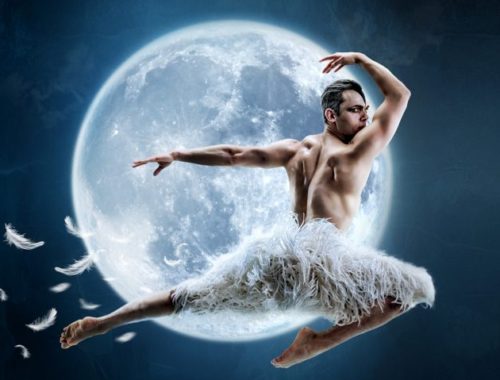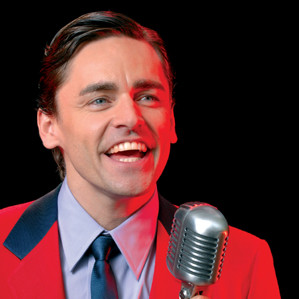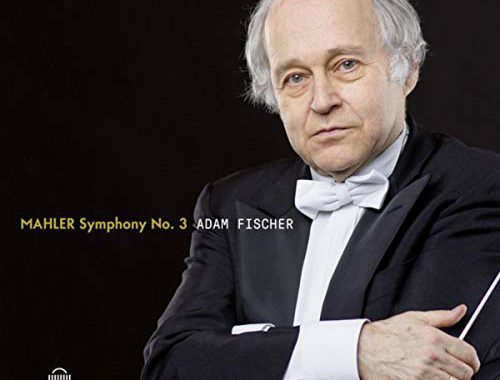MONDAY 3RD MAY 2010 ROLANDO VILLAZON/ GABRIELI PLAYERS
Royal Festival Hall
He’s come through throat surgery and survived From Pop Star to Opera Star (though the jury is still out as to which posed the greater threat) – so on the surface of it an all-Handel programme (strategically tied to his most recent album, of course) might have seemed like a sensible way of nursing Rolando Villazon back to full vocal health: plenty of fast moving coloratura to keep the healing chords supple, lightly inflected legatos, and only the soft-grained period instruments of the splendid Gabrieli Players under Paul McCreesh to surf. So all the more puzzling why these predominantly alto arias were not transposed into keys in which he could sing them?
It could be, of course, that Villazon was deliberately avoiding stress on the upper quadrant of his voice: the few top notes he encountered were merely grazed in the course of his embellishments – but mostly we were firmly in the middle and lower range with way too many phrases simply falling off the bottom end of what was possible for him. The opening Grimoaldo aria from Rodelinda presented the now familiar timbre, invitingly dusky, lightly inflected, with that distinctive “cover” over the whole range. The characteristically elegant dynamic gradations were noted in the opening Accompagnato and his acute sensitivity to the connection between words and sound was certainly apparent. But as he mused on how the shepherd finds tranquillity in nature while monarchs find none in the “purple and gold” was I alone in detecting some huskiness in the vocal production?
It could simply have been the discomfort of those remorseless phrases below the stave. The cadenzas of his first Serse aria “Piu che penso alle fiamme del core” plunged to a low moan that was unacceptable for even a lovesick protagonist; the second was a disaster with first Villazon and then McCreesh dropping the ball. By the time we arrived at the one truly tenorial role of the evening – Bajazet in Tamerlano – Villazon was relying considerably more on text than singing.
It was a relief to hear some free upper register in the shape of his soprano guest Lucy Crowe. She made much of the exquisite pain of those keening chromatics in Cleopatra’s “Se pieta” and she was deliciously indecent in the gleeful “Da tempeste” adding more decorative embellishment than might have seemed possible. Sadly, the star tenor was for the time being consigned to the shadow of his soprano.
You May Also Like

GRAMOPHONE: From Where I Sit – May 2019
22/05/2019
A Conversation With RYAN MOLLOY: ‘Jersey Boys’
02/09/2010